How Much Gas Does a Generator Consume?
As more households use generators for backup power—especially with the rise in weather-related outages—understanding fuel consumption helps you plan ahead and manage operating costs. This article explains what affects generator fuel use, compares common generator types, and shares practical tips to improve fuel efficiency.
Factors Influencing Generator Gas Consumption
Generator fuel consumption depends on several key factors, including generator type, fuel type, size/output, and operating patterns.
1. Generator Type
The type of generator you choose has a major impact on fuel use:
- Standby generators are permanently installed and start automatically during outages. With higher wattage output (often 8,000–20,000W), they typically consume more fuel.
- Portable generators are designed for temporary power needs. They can be noisy and are often less fuel-efficient for long-duration emergency use.
- Inverter generators are generally quieter and more fuel-efficient, making them ideal for sensitive electronics. They convert AC to DC and back to AC for cleaner, more stable power.
2. Fuel Type
Fuel choice affects performance, cost, and environmental impact:
- Gasoline: widely available and often cheaper upfront, but typically less efficient for long runtimes.
- Diesel: generally more fuel-efficient and cost-effective over time, but produces higher emissions.
- Propane: burns clean and can be a lower-emission option with stable storage.
- Natural gas: can be convenient and economical where a home gas line is available.
3. Generator Size and Output
Fuel consumption typically increases with generator size and load. Running at 50% load often uses less fuel per hour than running at full load.
4. Operating Patterns
Frequency and duration of use matter: the longer and more often you run the generator, the more fuel it consumes. Understanding your typical usage helps reduce operating costs.
Estimating Fuel Consumption
Start by calculating the wattage required by your appliances. A simple way to estimate running wattage is:
Volts (V) × Amps (A) = Watts (W)
For example, if a generator has a 1.58-gallon tank and can produce up to 8 kWh on a full tank, you can estimate fuel consumption like this:
1.58 gallons ÷ 8 kWh = 0.1975 gallons per kWh
Fuel Consumption by Generator Type
Typical hourly fuel consumption varies by generator type (approximate values):
- Gasoline (5 kW): ~0.75–0.8 gallons/hour
- Diesel (8 kW): ~0.5–0.6 gallons/hour
- Propane (5–6 kW): ~1.4–1.5 gallons/hour
- Natural gas (7 kW): ~115–118 cubic feet/hour
Cost to Operate a Generator
Operating cost depends on local fuel prices. Here are sample hourly/day estimates using the assumptions provided:
- Gasoline (5 kW at $3/gal): ~$2.25/hour (~$54/day)
- Diesel (8 kW at $4/gal): ~$2/hour (~$48/day)
- Propane (6 kW at $3.50/gal): ~$4.97/hour (~$119.28/day)
- Natural gas (7 kW at $20/1,000 cu ft): ~$2.36/hour (~$56.64/day)
A generator fuel consumption calculator can help estimate costs based on generator size, fuel type, and load.
PowerSmart Gas Generators
For a compact and fuel-efficient solution, explore our 2500W inverter gas generator . Designed for camping, tailgating, and light home backup, it delivers clean inverter power while maintaining excellent fuel efficiency.
If you need more output for home backup or jobsite use, consider the 4500W open-frame inverter generator with CO alert . It provides stable power performance with built-in safety protection and dependable fuel economy.
Choosing the right inverter generator can significantly improve fuel efficiency and overall operating cost.
Tips to Reduce Generator Fuel Consumption
To lower fuel use and operating costs:
- Use LED light bulbs.
- Limit high-energy appliances like air conditioners.
- Upgrade to more energy-efficient appliances where possible.
Conclusion
Generator type, fuel type, generator size, and operating patterns all affect fuel consumption. By understanding these factors and using practical efficiency strategies, you can reduce costs and be better prepared when you need backup power most.



































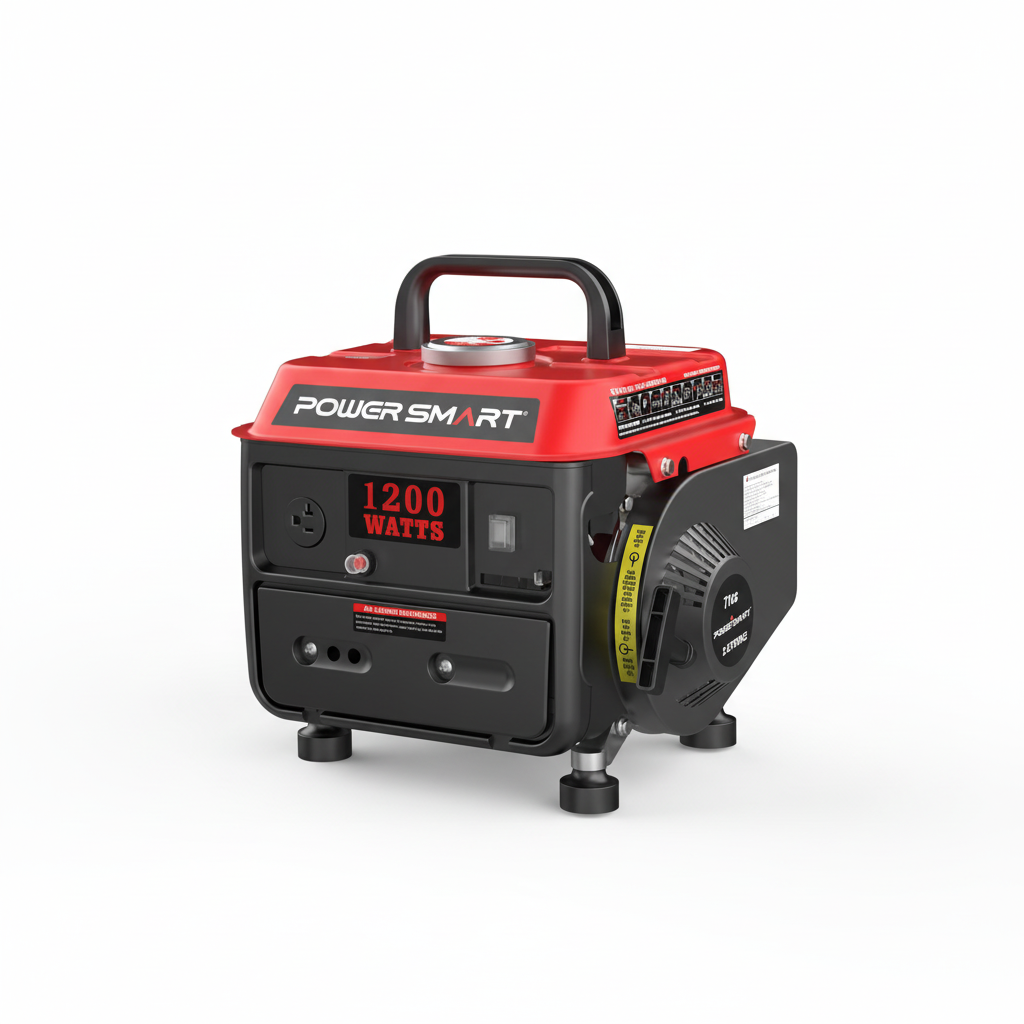




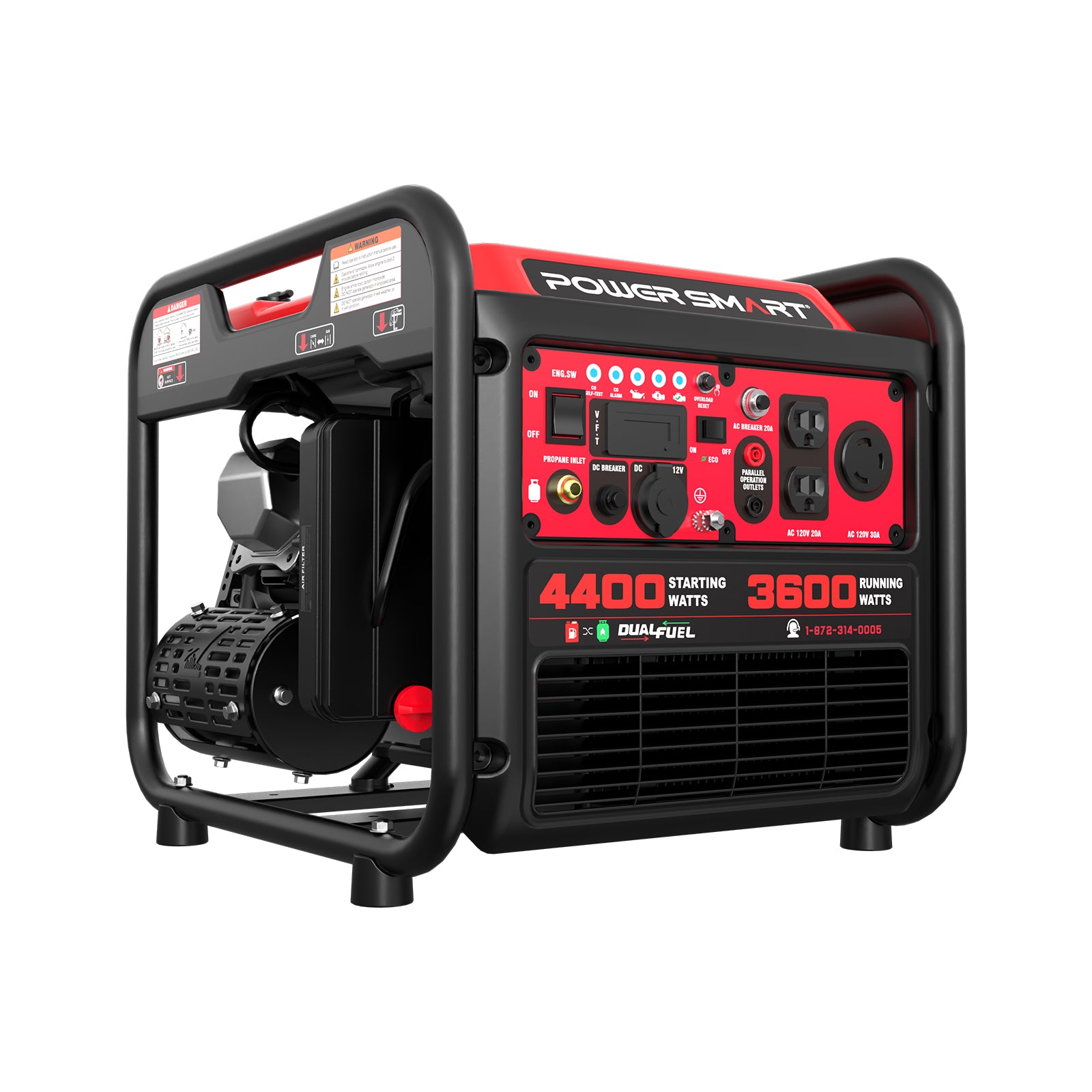

























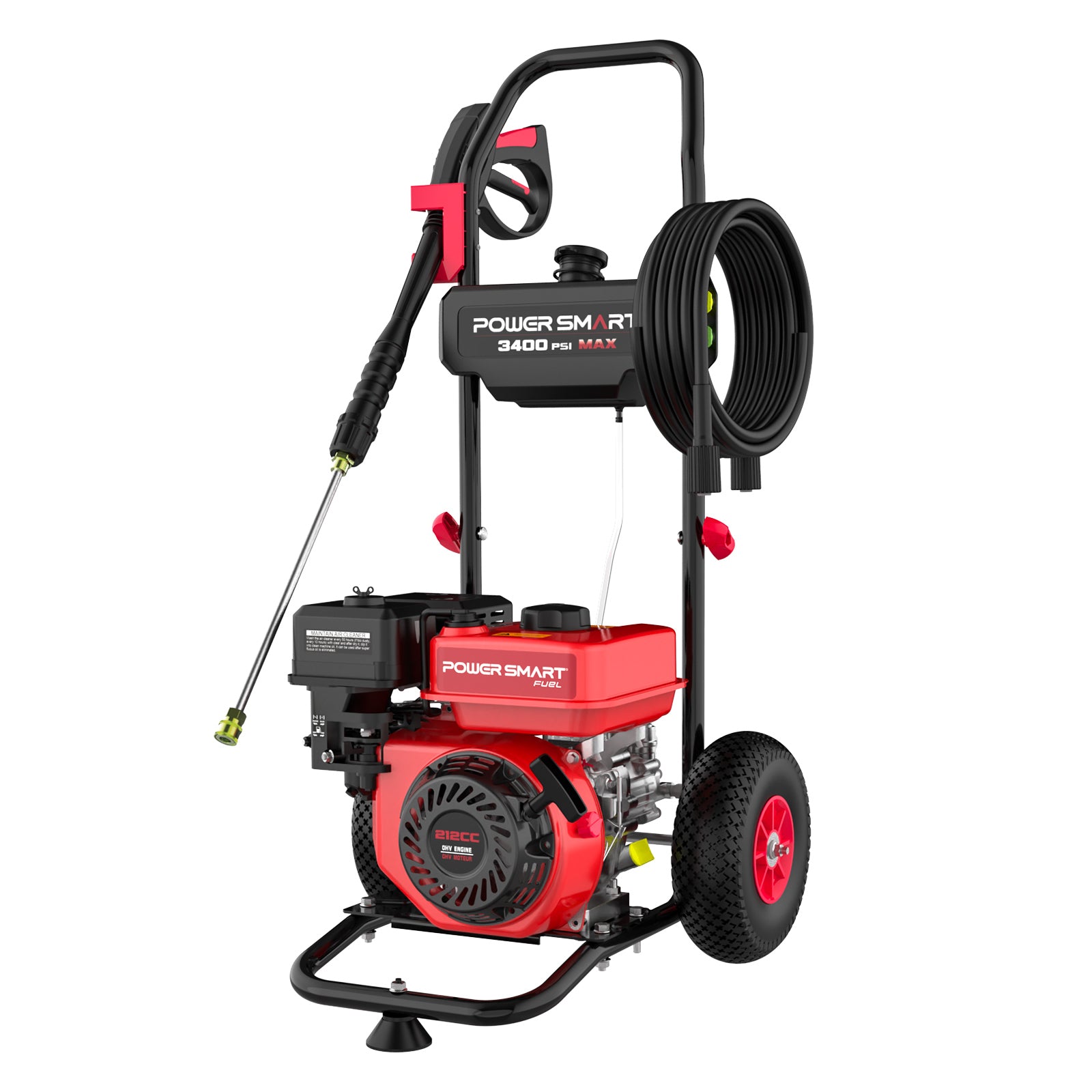






































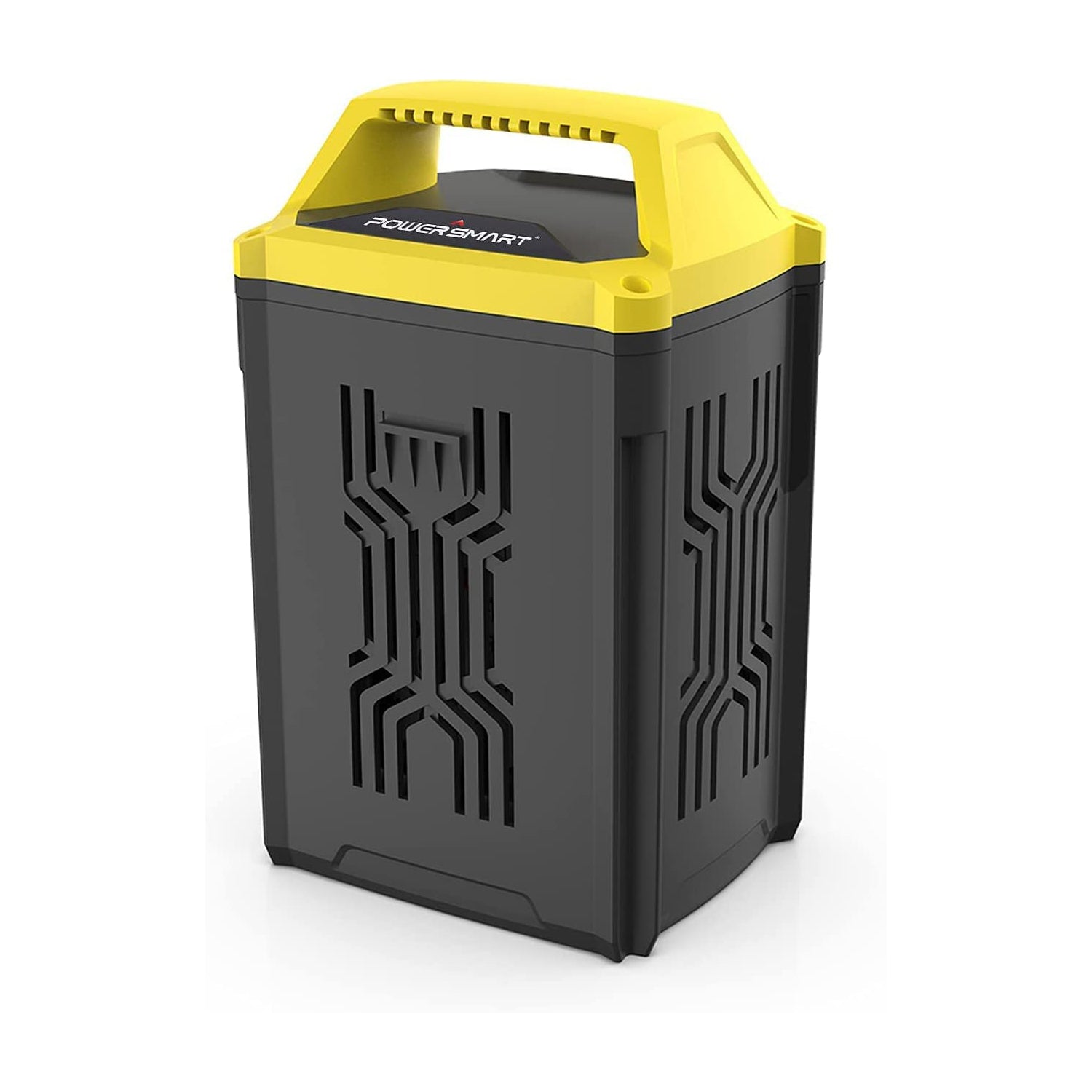

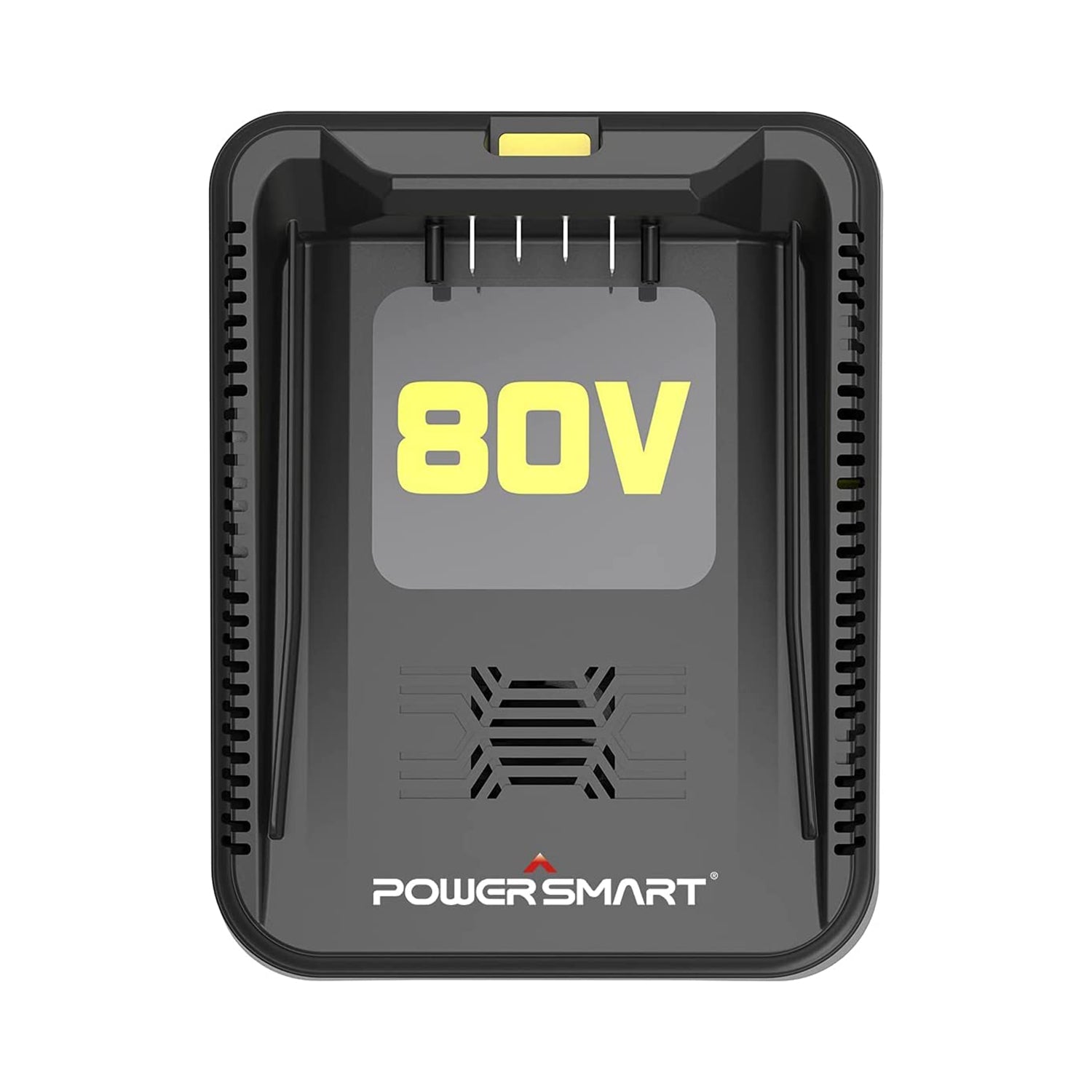
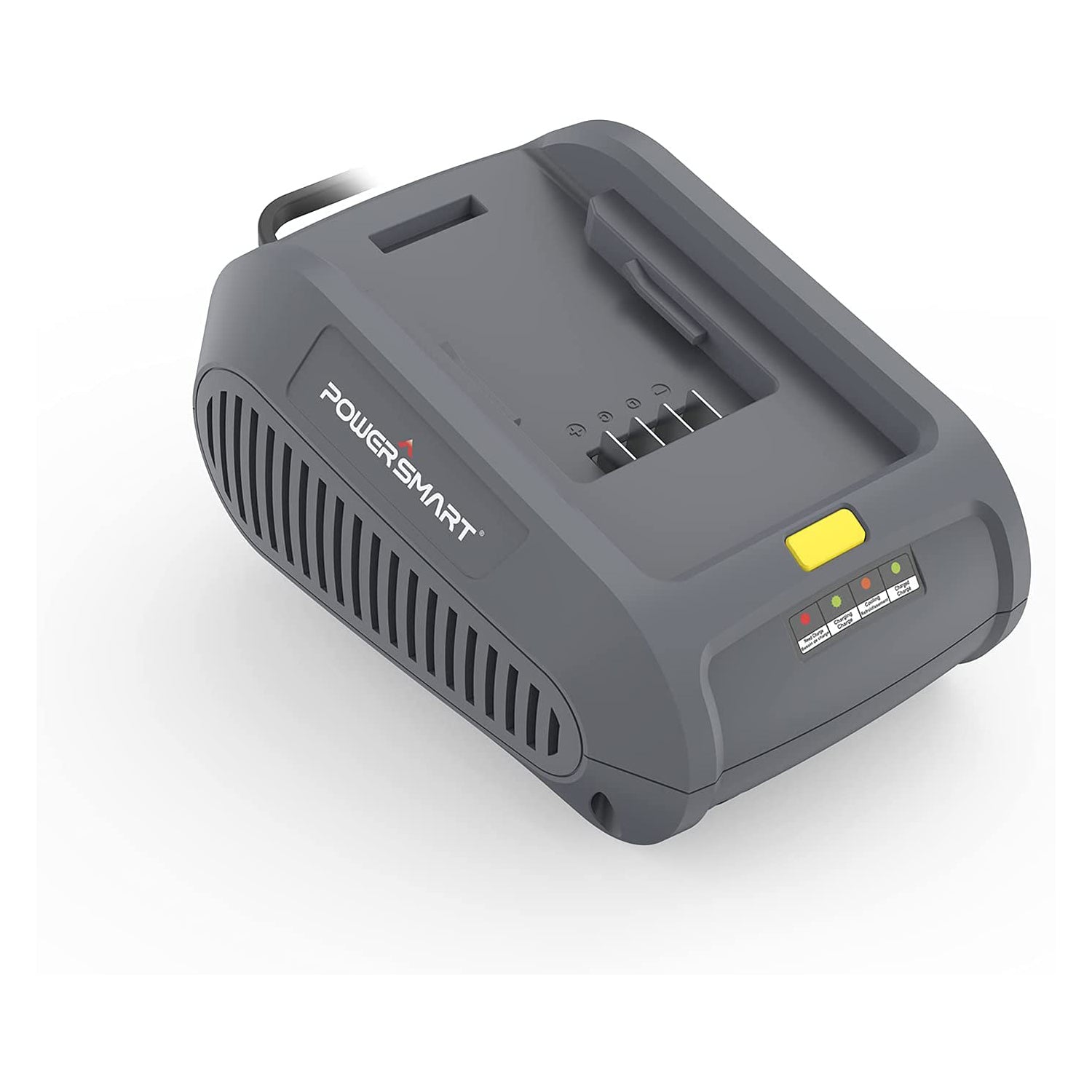







Leave a comment
All comments are moderated before being published.
This site is protected by hCaptcha and the hCaptcha Privacy Policy and Terms of Service apply.